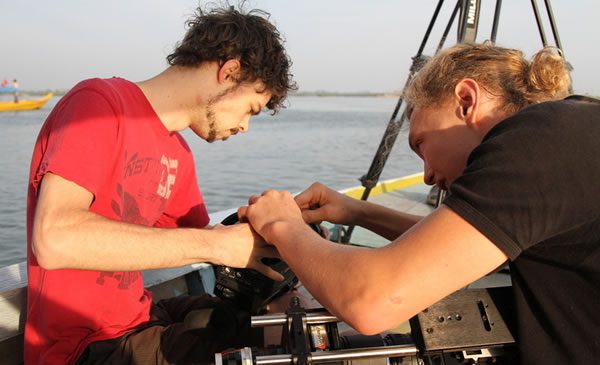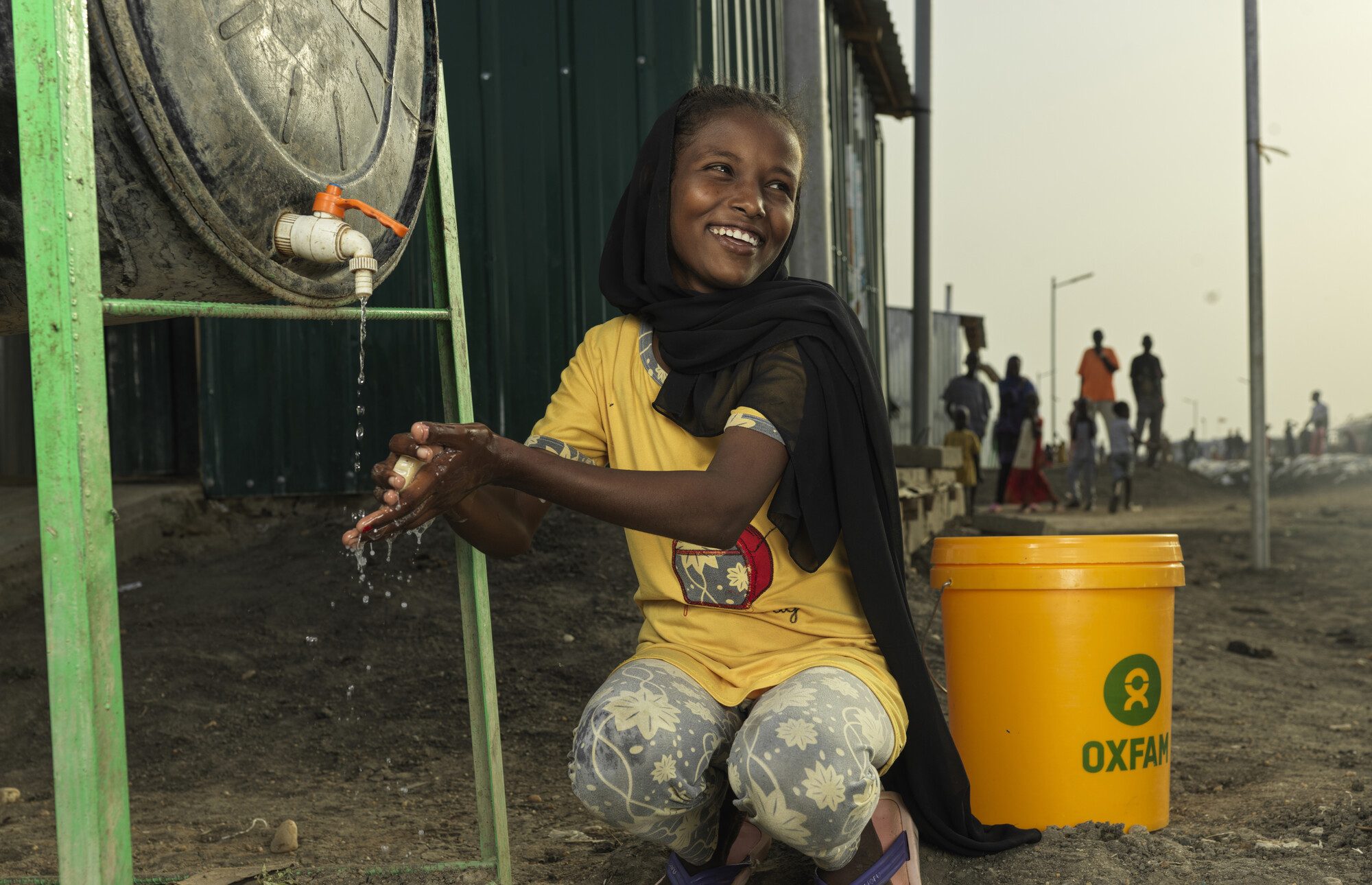WASH on film
Part one: why?
I’ve been working on the development of a film about water, sanitation and hygiene (WASH) in rural Cambodia. Over the next few weeks I’ll share my experiences about the process.
Why make a film?
Capturing and explaining the complex environments Oxfam works in can be difficult. Writing is the dominant way of communicating our work and sharing lessons, and it’s great, but often there’s so much more to capture. So in some cases film can be a more powerful way to communicate.
WASH work in rural, remote Cambodia is one of those cases where there is so much to talk about. It’s a diverse program, involves many people and operates in challenging environments. A film is perfect for exploring this program.
The content
The film will explore the processes of Oxfam’s WASH program in Cambodia. The program involves building reliable water sources, such as water pumps, water filter jars, toilets to improve sanitation and promoting good hygiene practices. So the film will look at important considerations for implementing WASH projects and who is involved. For example, we’ll focus on how the program creates sustainable change and the importance of involving women because they face the biggest burdens from inadequate water supplies and sanitation. Finally, the film will aim to show what WASH is from the community’s perspective.
Our audience
We want to improve understanding of WASH program delivery, as a sharing and learning tool. The film will be of particular interest for people involved in WASH, such as communities, governments, teachers, students and NGOs. Beyond this audience, we hope the film will have a broader appeal for people interested in learning about some of Oxfam’s work in Cambodia and the country in general. The film will be a behind-the-scenes approach to how we work — not a promotional video.
Good WASH programs create amazing changes for women, men and children. This film will show how it happens. Stay tuned.



